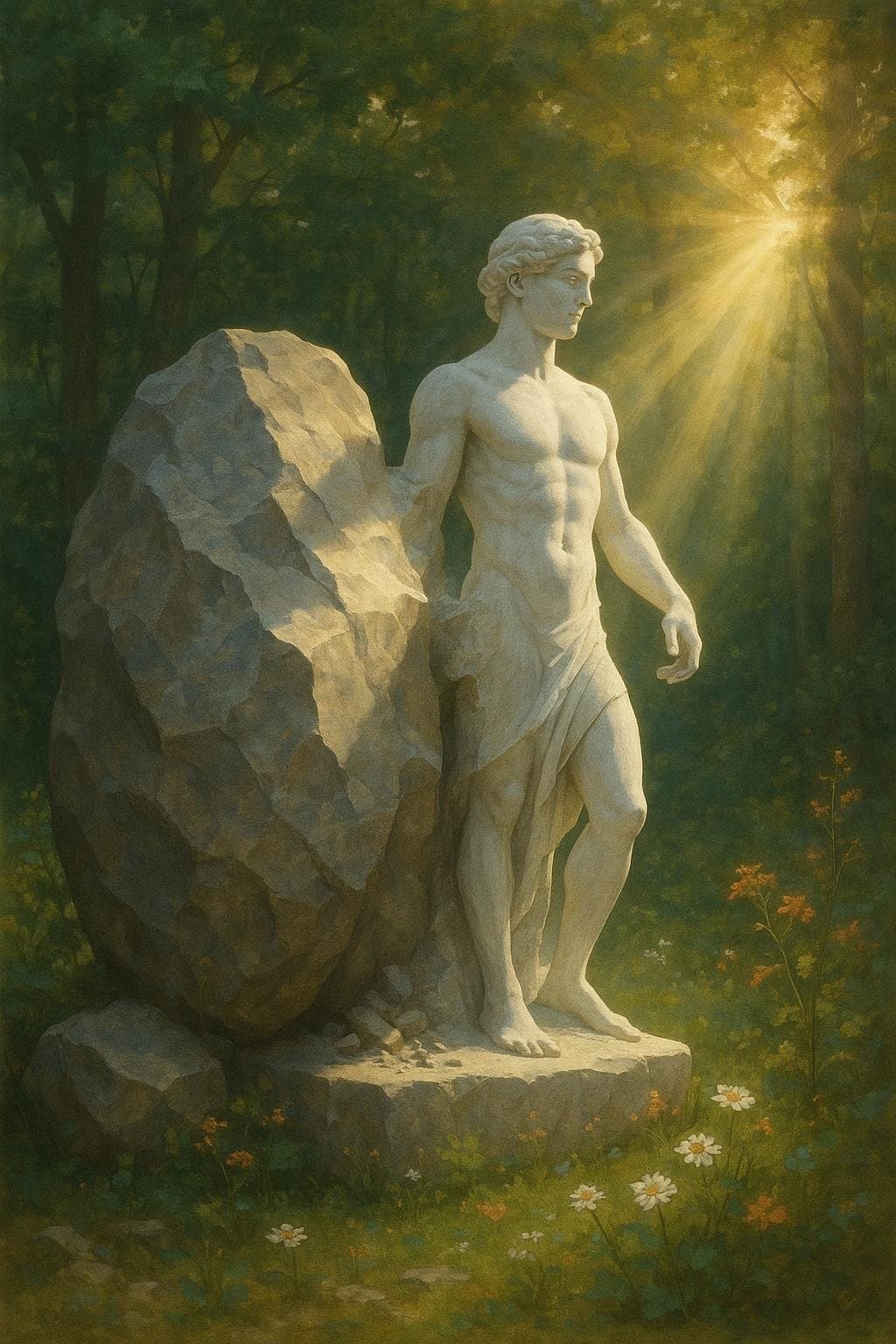Clarice Lispector
Clarice Lispector (1920–1977) was a Brazilian novelist and short-story writer born in Chechelnyk, then part of the Russian Empire. She is celebrated for experimental, introspective prose that probes consciousness and existential themes in works such as Near to the Wild Heart and The Passion According to G.H.
Quotes by Clarice Lispector
Quotes: 11

Let Wonder Guide the Questions We Ask
Finally, the quote carries a creative and almost spiritual confidence: if you ask sincerely, you will not be left empty-handed—though what you receive will be movement, not certainty. That is precisely how artists work: they begin with a question, and the work answers by generating the next page, the next draft, the next attempt. Lispector, as a writer, implies that inquiry is fertile when we allow it to lead rather than insisting it conclude. The deeper invitation, then, is courage. Ask the world, accept that the reply may arrive as a direction rather than a verdict, and keep walking. Wonder doesn’t end the mystery; it makes the mystery navigable. [...]
Created on: 12/28/2025

The Long Courage of Becoming Fully Awake
Because ideals need scaffolding, certain practices help. Journaling names what we feel before it calcifies into pretense; contemplative pauses puncture autopilot; courageous conversations align inner and outer speech; art-making gives form to what words resist; service relocates the self in a larger field. Shunryu Suzuki’s Zen Mind, Beginner’s Mind (1970) counsels a receptive stance that meets each moment freshly. Woven into daily life, these are not heroic feats but steadying rituals. Over months and years, they turn awareness from an event into a temperament. [...]
Created on: 8/10/2025

Writing as a Mirror for Emerging Thought
Certain practices make discovery more likely. Peter Elbow’s freewriting (Writing Without Teachers, 1973) suspends judgment for a timed burst, letting latent connections surface. Julia Cameron’s morning pages (The Artist’s Way, 1992) similarly collect unfiltered thoughts, which later yield patterns worth pursuing. In both cases, speed and regularity disarm the inner censor so knowledge can emerge. Then comes the pivot from exploration to explanation. Outlining after drafting, not before, helps writers see the shape of what they have found. A simple sequence — freewrite, distill, structure, revise — turns nebulous impressions into claims, evidence, and implications. Thus process becomes epistemology in action. [...]
Created on: 8/10/2025

Carving Life’s Purpose from Lived Experience
Transitioning from creation to discovery, Lispector’s quote challenges philosophies that propose a fixed, universal purpose. Instead, she echoes existentialist thinkers like Jean-Paul Sartre, who argue that existence precedes essence. Just as Sartre proposed in 'Existentialism Is a Humanism' (1946), individuals must forge significance through the actions and choices they make, not through adherence to external scripts. [...]
Created on: 7/22/2025

Awakening the Self: Embracing Inner Currents
Ultimately, the wisdom gained from stirring one’s depths is best harnessed through integration. Rather than resisting these shifts, one can incorporate newly surfaced truths into daily life, crafting a richer, more authentic self. Lispector’s insight thus becomes an invitation: by daring to disturb our internal stillness, we create space for meaningful transformation and continual personal evolution. [...]
Created on: 6/29/2025

Contemplating Action: The Tension Between Doing and Waiting
Clarice Lispector's adaptation of the iconic Hamlet phrase reframes the existential debate: should we step boldly into action, or remain in thoughtful hesitation? This question lies at the heart of human experience, echoing Hamlet’s own paralysis in the face of difficult choices. Lispector’s version, however, makes the dilemma immediate and personal, spotlighting the everyday struggles we face when confronting uncertainty. [...]
Created on: 5/14/2025

Dreams Die When You Wake, But Action Revives Them — Clarice Lispector
Lispector’s characters often experience existential longing, but through decisive choices—however small—they reclaim agency. In 'The Hour of the Star' (1977), the protagonist’s acts, though modest, shape the meaning of her existence. [...]
Created on: 4/29/2025